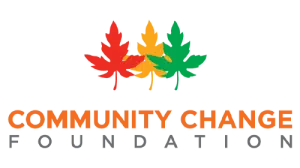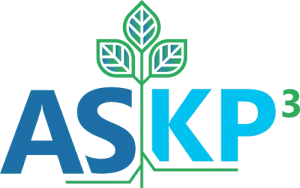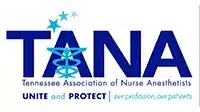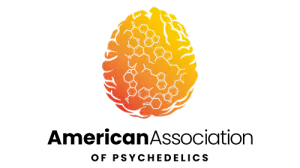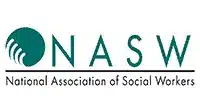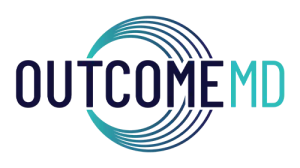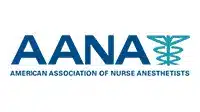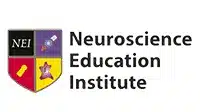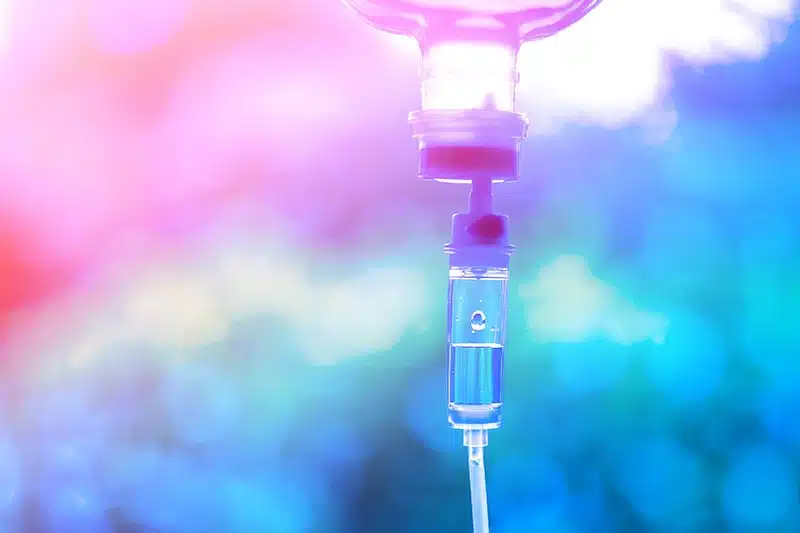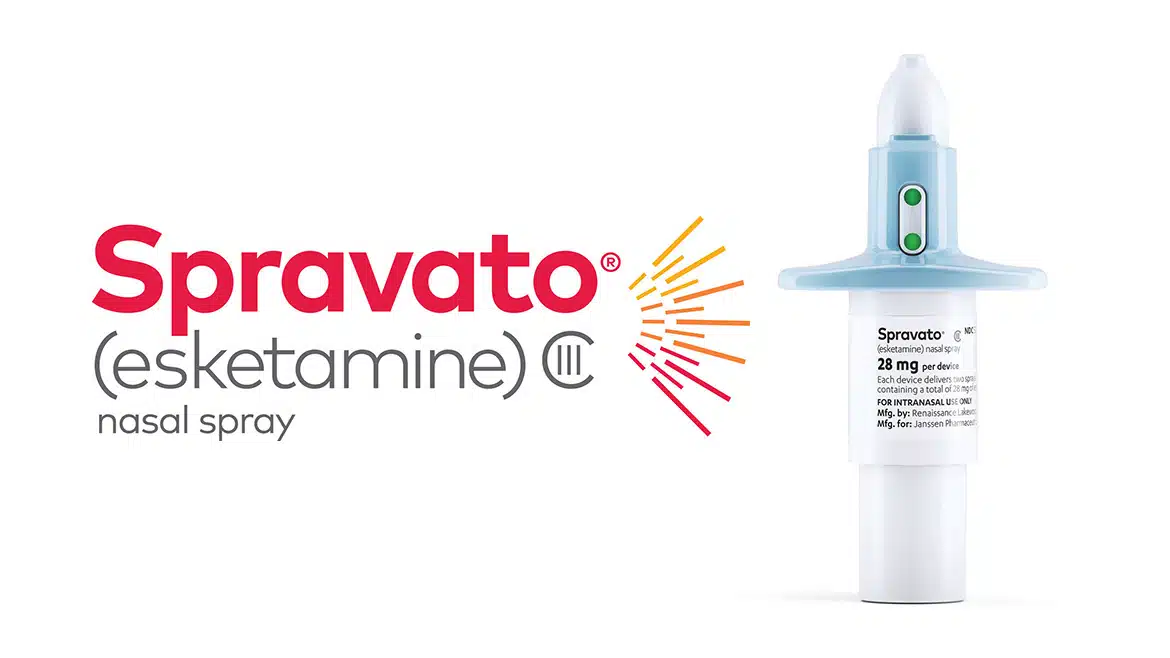Ketamine Treatment for Postpartum Depression
The joy of holding a newborn, the sweet lullabies, the gentle rocking to sleep – these are the moments that many envision when imagining motherhood. The birth of a child is frequently heralded as one of the most joyous occasions in life, a moment filled with hope, dreams, and immense love. It’s a time families often celebrate as they expand, bringing forth a new chapter of memories and experiences.
Yet, beneath this picturesque canvas, there’s an undercurrent of pain and struggle that often goes unnoticed and unspoken. This silent battle is postpartum depression (PPD), a formidable foe that lurks in the shadows, striking when least expected. Unlike the temporary mood swings or tearful moments that many new mothers experience – often referred to colloquially as the “baby blues” – PPD sinks its teeth deeper. It’s a persistent, heavy cloud that casts a pall over what should be one of the most heartwarming phases of a woman’s life. The statistics are startling: approximately 1 in 7 new mothers grapple with this form of depression, and yet, it remains shrouded in stigma and misunderstanding.
At Revitalist, we don’t just see the numbers or the diagnosis; we see the individual. We recognize the brave mothers confronting the duality of nurturing a new life while battling inner demons. Our mission is to shine a light on this often-overlooked condition, breaking down barriers and offering innovative, compassionate solutions. This is where ketamine, a therapeutic agent with an evolving role in mental health, comes into play. As we push the boundaries of traditional treatments, ketamine emerges as a beacon of hope, potentially revolutionizing the way we address and treat PPD.
So, if you or someone you cherish finds themselves caught in the undertow of postpartum depression, know this: At Revitalist, we stand with you, ready to navigate the path to healing together.
Understanding Postpartum Depression - More Than Just "Baby Blues"
Motherhood, with its myriad challenges and joys, is a transformative experience. Every new mother treads her unique path, encountering moments of pure elation and periods of self-doubt. While short-lived emotional dips following childbirth are common and often referred to as the “baby blues,” postpartum depression stands in a league of its own. It’s a profound mood disorder, emerging weeks or sometimes even months after delivering a child. And its impact is far-reaching, affecting not only the mother but the baby and the family at large.
Distinguishing between the transient “baby blues” and postpartum depression is crucial. While the former typically manifests as mild mood swings, irritability, or tearfulness that fades within weeks, PPD digs deeper roots. Its symptoms are intense and persistent, casting long shadows over daily life:
Deep Sadness or Despair: Unlike the transient feelings of sadness of the “baby blues,” this emotional state is protracted and can feel insurmountable.
Overwhelming Fatigue or Insomnia: Beyond the typical exhaustion of new motherhood, this fatigue can be paralyzing or, conversely, manifest as a troubling inability to sleep.
Intense Irritability or Anger: Moments of heightened frustration or uncharacteristic outbursts can become commonplace.
Severe Anxiety or Panic Attacks: This can include debilitating worry, racing thoughts, or physical symptoms like palpitations and shortness of breath.
Thoughts of Harming Oneself or the Baby: These thoughts, though deeply unsettling, underscore the severity of PPD and necessitate immediate medical attention.
Unraveling the web of PPD’s causes is a complex endeavor. At its core, it’s an interplay of physical, emotional, and environmental factors:
Hormonal Fluctuations: Following childbirth, sharp drops in hormones like estrogen and progesterone can influence mood regulation in the brain.
Physical Strains: The aftermath of childbirth, whether it’s recovery from delivery, breast pain from feeding, or other physical challenges, can contribute to PPD.
Sleep Deprivation: Constant baby care cycles can severely disrupt a mother’s sleep, exacerbating emotional and physical stress.
Emotional Factors: The weight of responsibility, coupled with potential isolation and the challenges of adjusting to a new identity as a mother, can be daunting.
Understanding PPD is the first step towards empathy, support, and, crucially, effective treatment. By shedding light on this condition, we aim to usher in a future where no mother feels isolated in her struggle.
A Beacon of Hope for PPD
The journey of understanding and harnessing the potential of medical compounds is ever-evolving, and ketamine stands as a testament to this process. Originally developed and recognized as an anesthetic for surgical procedures, ketamine’s therapeutic canvas has expanded impressively over the years. It’s now gaining traction as a formidable contender in the battle against various mental health disorders, especially treatment-resistant depression.
For new mothers caught in the whirlwind of postpartum depression (PPD), the search for relief can be arduous. Traditional antidepressants, though beneficial for many, can sometimes fall short. They often require weeks, if not months, to manifest their full therapeutic effect. This time lapse can be especially agonizing for a mother grappling with PPD’s intense emotional turmoil, as each day feels like an eternity.
Enter ketamine. What sets ketamine apart, particularly for PPD, is its potential for rapid response:
Swift Symptom Alleviation: Unlike most conventional antidepressants that can take weeks to kick in, ketamine has shown the capacity to deliver relief in mere hours or days. For a mother navigating the tumultuous waters of PPD, this accelerated relief can be life-altering.
Addressing Treatment-Resistant Cases: Some mothers might find that standard treatments do little to quell their PPD symptoms. Ketamine offers hope for these treatment-resistant scenarios, providing an alternative avenue for relief.
Neurological Rejuvenation: Beyond immediate symptom relief, ketamine is believed to foster neuroplasticity. This means it can potentially aid the brain in forming new, healthy neural connections, laying down a foundation for long-term well-being.
Holistic Well-being: Anecdotal evidence suggests that, post-ketamine treatment, some patients experience an enhanced sense of connection, clarity, and emotional balance, all of which can be instrumental in a mother’s recovery journey.
In the ever-expanding landscape of mental health treatments, ketamine shines as a beacon of hope, especially for those traversing the challenging terrains of postpartum depression.
How Does Ketamine Help in PPD?
Rapid Mood Enhancement
One of the most lauded benefits of ketamine is its ability to produce rapid antidepressant effects. While traditional antidepressants operate on the serotonin system and may take weeks to yield discernible results, ketamine acts on the glutamatergic system. This difference in action might be the key to its quick onset, often providing symptom relief within a few hours to a couple of days. For a mother mired in the depths of PPD, such swift intervention can be transformational.Neural Regeneration and Neuroplasticity
Beyond its immediate mood-lifting potential, ketamine is believed to foster an environment conducive to neural growth and connectivity. The brain, when grappling with depression, often experiences reduced neural connections, particularly in areas related to mood and emotion regulation. By promoting neuroplasticity, ketamine may pave the way for the brain to heal, repair, and strengthen these vital pathways, facilitating long-term recovery.Reduction in Suicidal Thoughts
One of the more alarming aspects of severe PPD is the emergence of suicidal ideation. Traditional treatments can sometimes be insufficiently rapid in countering these thoughts. Preliminary studies on ketamine have shown promise in drastically reducing, if not eliminating, such ideation in a short timeframe. This aspect of ketamine is crucial, providing an immediate safety net for those in the gravest depths of PPD.Hormonal Balancing
While the primary research on ketamine’s antidepressant effects revolves around its action on neurotransmitters, there is budding interest in its potential role in modulating hormonal imbalances post-childbirth. Though this area requires more extensive exploration, it offers an exciting avenue for understanding ketamine’s comprehensive impact. In sum, ketamine’s multifaceted approach — from rapid mood enhancement to neural rejuvenation — positions it as a potent contender in the fight against the debilitating grip of postpartum depression.The Revitalist Approach: Personalized Care for PPD
Detailed Consultation
Before initiating any treatment, we dedicate time and resources to a meticulous and compassionate consultation process. We don’t just seek to understand the clinical symptoms; we delve deep into each mother’s emotional landscape, daily challenges, and the specificities of her PPD journey. This understanding becomes the foundation upon which we build our therapeutic strategies.Individualized Treatment Plans
Armed with insights from our comprehensive consultation, our team curates a ketamine treatment regimen tailored to each mother’s needs. We consider factors such as the severity of symptoms, any prior medical history, and the mother’s personal preferences and apprehensions. This bespoke approach ensures that every mother receives care that’s not just effective but also resonates with her individual journey.Safe and Controlled Environment
Our commitment to patient safety is unwavering. All ketamine sessions are conducted in tranquil, meticulously designed spaces that promote relaxation and peace. Under the vigilant supervision of our seasoned medical experts, we ensure that the treatment experience is both comfortable and secure.Holistic Healing
We recognize that the path to healing from PPD is multi-pronged. While ketamine offers a powerful therapeutic modality, true healing often requires a more comprehensive approach. To this end, we actively integrate other therapeutic interventions, ranging from counseling to meditation. Our team collaborates with mothers to identify the most beneficial combination of therapies, ensuring a holistic and rounded healing experience. In essence, at Revitalist, we intertwine science, compassion, and individuality to offer a healing experience that speaks directly to each mother’s unique needs and challenges. Your well-being is our mission, and we’re with you every step of the way.Revitalist's Commitment to Mothers
Motherhood is often described as a tapestry woven from threads of immense love, self-sacrifice, and boundless resilience. Yet, for some, the journey comes with unexpected detours through the harrowing landscapes of Postpartum Depression (PPD). At Revitalist, we recognize the profound impact that PPD can have not just on mothers, but on their families and communities as well. Our mission is to be a sanctuary where mothers can find effective and compassionate treatment for this often misunderstood condition.
Our approach to treating PPD goes beyond mere symptom alleviation. With the innovative use of ketamine therapy, we strive to provide immediate relief, but also long-term solutions that work in tandem with your body’s natural healing processes. It’s not just about casting a temporary ray of light in what may feel like an endless tunnel of despair; it’s about building a sustainable path that leads you towards emotional well-being and resilience.
PPD can feel isolating, making it challenging to seek help, but know that you’re not alone. At Revitalist, we’re more than just a healthcare provider; we’re a community committed to supporting you through every phase of your healing journey. Our team of experienced medical professionals and mental health experts tailor each treatment plan to fit your unique needs, ensuring that you receive the most effective, personalized care possible. We integrate cutting-edge medical treatments like ketamine therapy with holistic practices and emotional support, creating a comprehensive approach that addresses the complex emotional, physical, and mental aspects of PPD.
So if you or a loved one is navigating the turbulent waters of Postpartum Depression, remember that help is within reach. Reach out to us to discover a range of treatment options specially curated to address the multifaceted challenges of PPD. We’re here to guide you towards a brighter, more hopeful tomorrow. Your journey of healing can start today, and we’re honored to be a part of it.
Our Stories and Articles
Discover how Ketamine Therapy Depression Treatment is revolutionizing mental health care and transforming lives.
Introduction A Brief Overview of Depression and Its Impact on Society Depression is a common, yet serious, mood disorder that […]
Introduction to Spravato in Tampa FL, Knoxville TN and Johnson City TN Brief Overview of Spravato Spravato, also known as […]
Revitalist Offers a New Source of Relief
How Does Ketamine Work?
Ketamine has been shown to stimulate neuron growth in the brain in as quickly as one hour. Many scientists studying ketamine are focusing on the neurotransmitter glutamate, which plays an important role in neural activation.
Can My Doctor Refer Me To Revitalist?
The Revitalist Provider Portal allows your doctor to easily, and with much attention to privacy, refer you for consultation. Should you receive treatment, we will communicate with your existing provider(s) regarding your care.
How Soon Will My Symptoms Improve?
More than 70% of patients with treatment-resistant depression (including bipolar patients) experience rapid relief after a low-dose ketamine infusion. Similar success rates have been seen in returning combat veterans suffering from PTSD.
